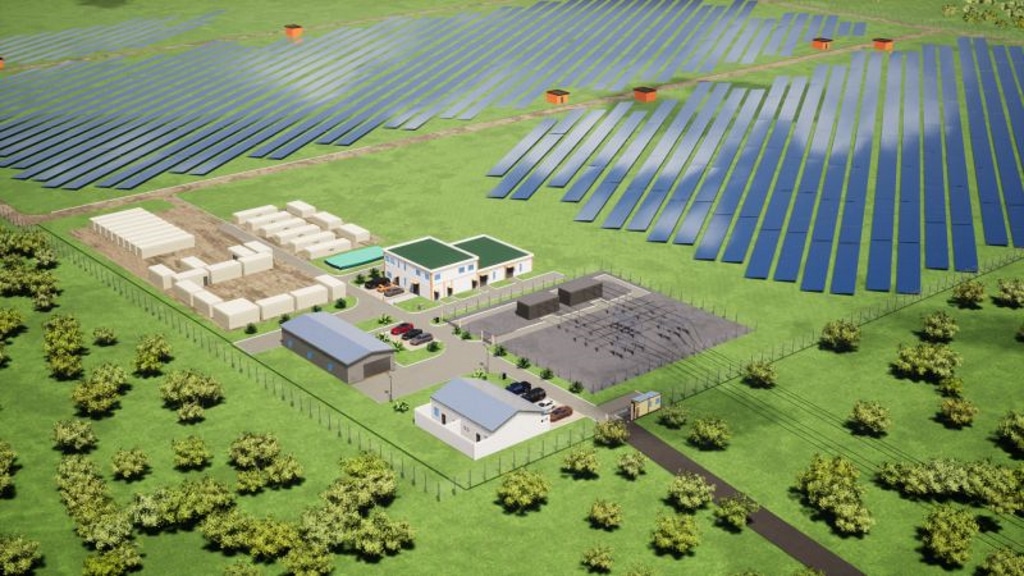In order to reduce the impact of the intermittency inherent in a solar power plant, Ivory Coast is banking on electricity storage. As part of the 37.5 MWp Boundiali solar project being implemented by Côte d’Ivoire Energies (CI-Energies) in the north of the country, the authorities are planning a means of storing electricity. The contract for the installation of this electricity storage system has been awarded to Saft, a company based in Levallois-Perret, France.
The subsidiary of the TotalEnergies group was chosen by the contractor of the Boundiali solar project, Eiffage Énergie Systèmes, a subsidiary of the French group Eiffage. In the Bagoué region, Saft will install its Intensium Max High Energy technology. In concrete terms, the company, headed by Cédric Duclos, will install six containers equipped with lithium-ion batteries capable of storing 10 MW of electricity.
Impact on the national electricity grid
The 13.8 MWh storage system will also operate with energy conversion and medium voltage power plant systems. According to Saft, the installation of the electricity storage system will increase capacity and reduce the impact of intermittency in the solar plant’s output to ensure predictable and reliable power to the local grid.
Read also- IVORY COAST: 2 solar power plants will be built thanks to IFC’s Scaling Solar
“As prime contractor for the Boundiali project, it was essential to find a partner that could not only meet the technical requirements, but also guarantee the reliability of the system throughout its 10-year lifespan,” explains Ludovic Bavière of Eiffage Energie Systèmes. The solar power plant for which Saft has been awarded a contract is intended to supply Boundiali.
The delay in the project
In this town of more than 40,000 inhabitants, the Ivorian authorities estimate that the future solar power plant will serve 30,000 households while avoiding emissions of 27,000 tonnes of CO2 equivalent per year. Implementation of the project will require an investment of €40 million. The Ivorian government is relying on two sources of funding, including a €27 million loan from Kreditanstalt für Wiederaufbau (KfW), the German development agency, and a €9.7 million grant from the European Union (EU).
Considered Ivory Coast’s first solar project when the financing agreements were signed in 2019, the implementation of the Boundiali project is years behind schedule, being overtaken by other initiatives, notably those of the International Finance Corporation’s (IFC) “Scaling Solar” programme. Under this programme, the World Bank Group’s private sector financing arm plans to build two 60 MWp solar power plants, one in Laboa and the other in Touba. The selection phase for the developers of these projects is underway with at least 10 companies in the running.
Jean Marie Takouleu
